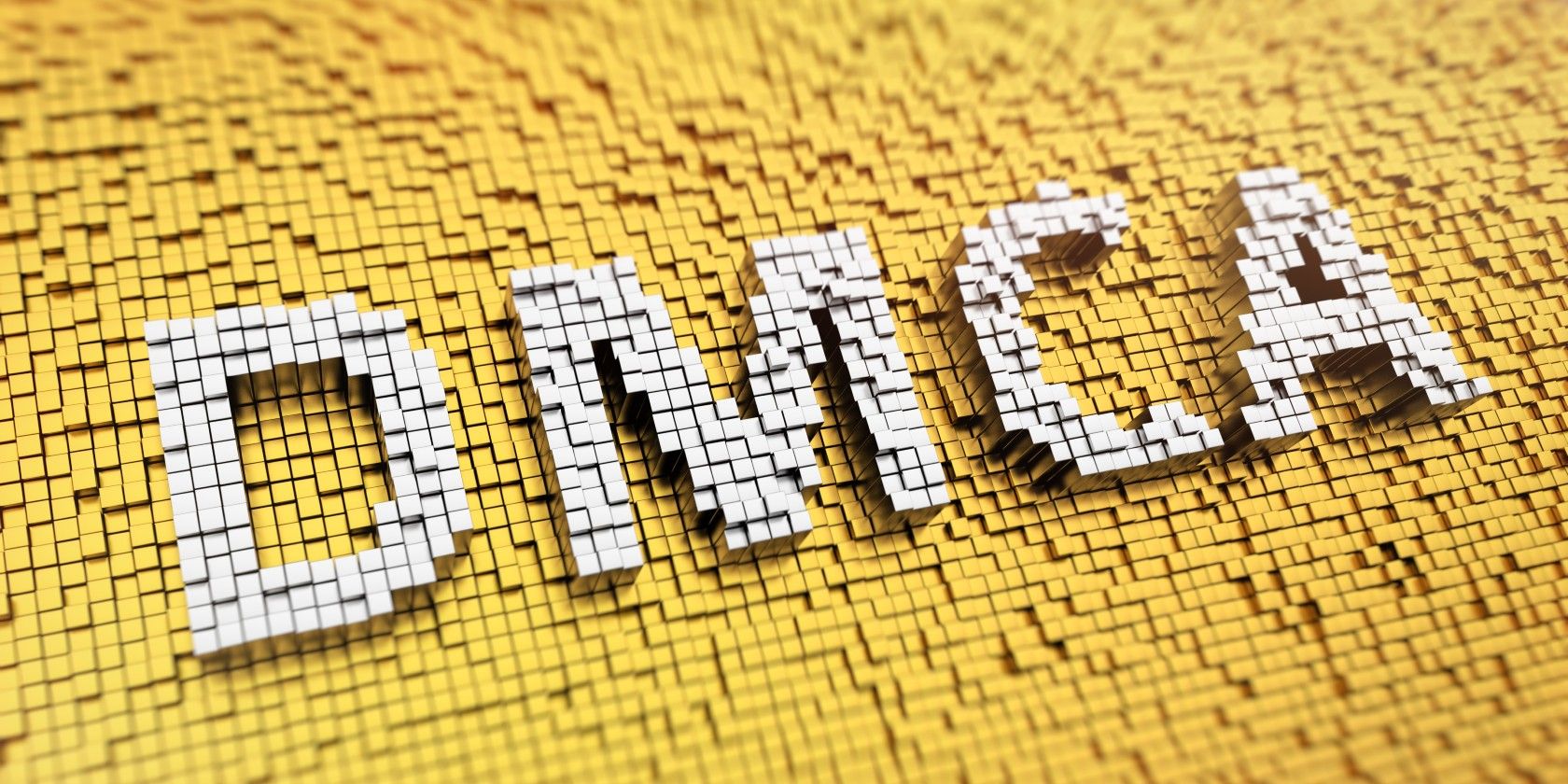If you have spent any time on the internet, you have probably come across the acronym DMCA. Perhaps, you have even had some of your content taken down on a DMCA claim. So, what is DMCA, and what does DMCA stand for?
What Is DMCA?
DMCA stands for Digital Millennium Copyright Act. As the name implies, it was created around the turn of the last millennium. Specifically, it was enacted in 1998. The DMCA is an American law that criminalizes the unlawful use of copyrighted materials.
Despite that it is an American law, the DMCA has wide-reaching effects. This is because although websites can be accessed globally, they are bound to the law of the country where their servers are located. For example, YouTube’s servers are located in the US. So, even if you are Canadian, any content you upload to YouTube is governed by US law, not Canadian law.
The DMCA was created to prevent piracy. By the late 90s, new technologies, such as the internet and CD burners, made it easier than ever to pirate content. If you are old enough to remember things such as Napster or Limewire, you know just how easy it was! This made media industries concerned that there were not enough laws to protect their industry from piracy.
Once the DMCA was enacted, it gave individuals and companies a way to protect their content. If a content creator sees their work being unlawfully used on a website hosted on an American server, they can make a DMCA claim. A DMCA claim requires that the server hosting the content remove or disable access to the content.
The DMCA applies to a variety of content, including:
- Written text
- Pictures
- Artwork
- Music
- Videos
- Software
What Is A DMCA Notice?
The person accused of copyright infringement receives a DMCA Notice. DMCA notices will note what content is being claimed and who is claiming the infringement.
If you receive a DMCA notice, it is really important to think about whether you used the content lawfully. If you haven’t, remove the content right away. Generally, removing the content will resolve the DMCA violation. However, the content creator does have the right to sue for damages. So, receiving a DMCA notice should not be taken lightly.
If you believe that you did not use the content unlawfully, then you can submit a counter-notice. Unfortunately, the DMCA is sometimes abused and submitted against people who have not violated the DMCA. In these situations, a counter-claim allows the accused to defend themself. However, the content should still be removed until the dispute is settled.
The complainant will have 14 days to either stop pursuing the takedown request or file a lawsuit. Thus, submitting a counterclaim is risky and should be carefully considered.
Can You Use Content Lawfully?
Despite all these rules, you will see people borrow content from people all of the time. Why is that still allowed? You can use copyrighted material under fair use. Fair use includes:
- News Reporting
- Commentary
- Research
- Criticism
- Scholarship
- Parody
- Teaching
The purpose of exempting fair use is to balance the need to protect creators with the public good of building on and responding to the created content. However, fair use does complicate things a bit. It can become hard to determine if the content was used fairly. Four factors are used to judge whether content falls under fair use.
1: The Purpose of the Content
Using content in fair use requires you to transform it into something different than the original creation. The purpose of the new content must be distinct from the original content.
For example, Screen Junkies uses clips from movies to create their “Honest Trailers” series. If they were just posting clips of movies, that would not be fair use. But they are creating something completely new. The purpose of the videos is to comment on the quality of the movies. That is very different than the purpose of creating the movie, which is to tell a story.
2: Type of Content
Facts and ideas cannot be copyrighted. This exemption is to ensure that important ideas and information is always available to the public. Granted, this exemption can allow for some questionable rulings.
For example, if you wrote the classic movie Gremlins, you could not stop someone from using the same premise to make Critters. If the script dialogue is different, it falls under fair use. On the other hand, would you have wanted Akira Kurosawa to be able to kibosh production of Star Wars?
3: Amount of Content Used
The amount of content you borrow is also a factor. You are only allowed to use as much content as you need to complete your purpose. Going back to the earlier Screen Junkies example, their videos only use clips of the movies highlighting their point. If they play 15 minutes of the movie to mock one scene, their videos may no longer qualify as fair use.
4: Damages Caused
It is not fair to interfere with the original creator’s ability to profit off of their creation. If you use their content to create something that could be used as a substitute for the original creation, it will fall into this category.
For example, if someone posted informational content on YouTube, you could not edit that content down to a summary and then repost it. You would be stealing the original creator’s YouTube views.
Related: 4 Ways to Watermark Your Videos
This does not cover damaging profits from negative reviews of a product. That would fall under criticism, which is considered fair use.
DMCA In A Nutshell
The DMCA stands for the Digital Millennium Copyright Act. It was created in the late 90s to address new technology that made piracy easier. It protects creators of a variety of different artistic mediums. Its purpose is to stop the unfair use of content. Fair use still allows people to use content to create new content if it transforms the final product into something new that adds value to the public.
About The Author

